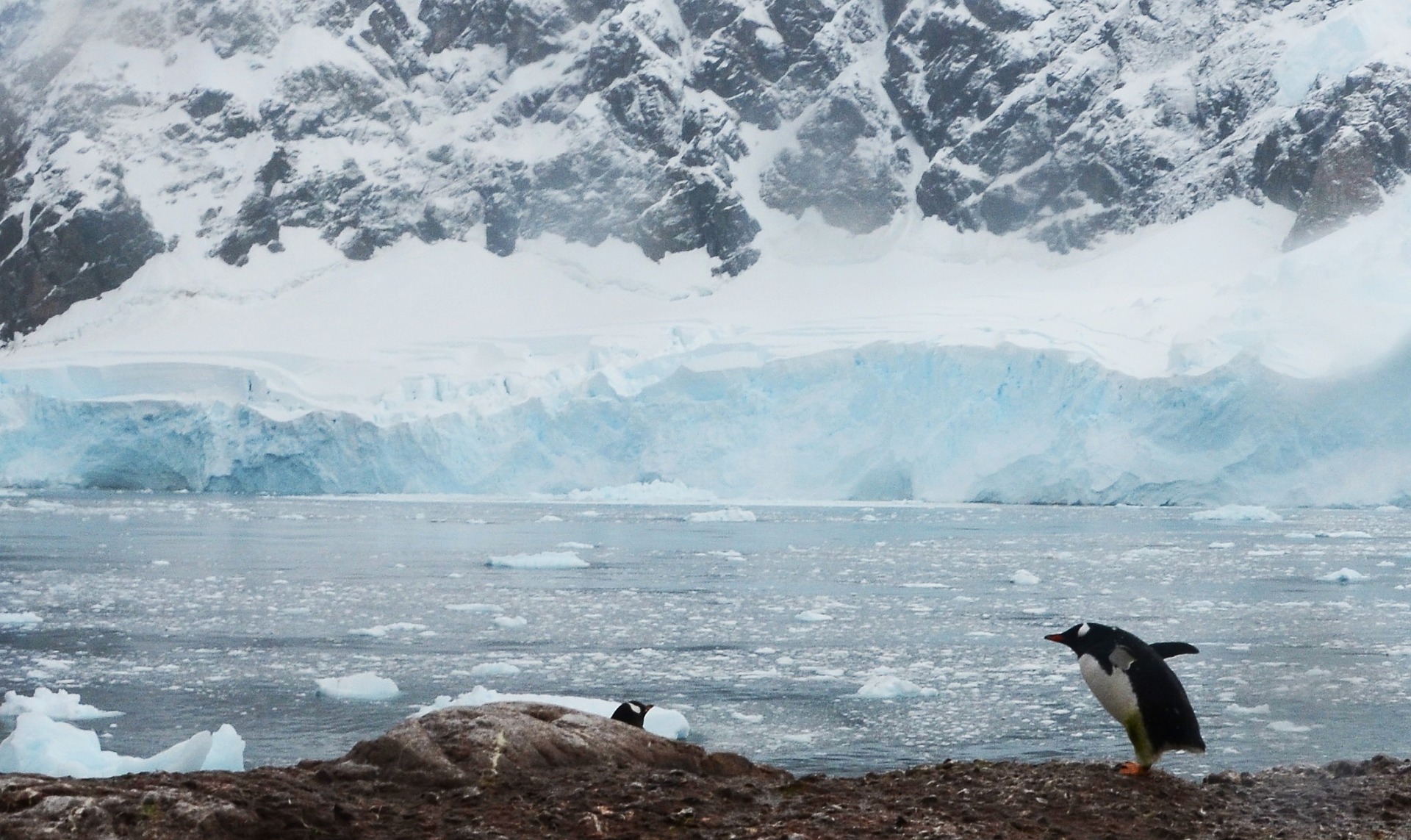
A new book about Antarctica has just been published: Antarcticness: Inspirations and imaginaries which is free to download. Edited by me, it features (in the true ethos of the volume) an inspiring and imaginative Afterword by PRPI Founder and Managing Director Dr Dwayne Ryan Menezes.
As a companion volume to another free-to-download book, Arcticness: Power and Voice from the North, Antarcticness heads to the planet’s south side to explore a polar region which, unlike the Arctic, is uninhabited, hard to access, and currently off-limits to many damaging human activities such as militarisation and resource extraction. So why should we care? Antarcticness answers this question by showing how much the Antarctic affects us all.
The three main direct interactions between Antarctica and people remain for now science (generating knowledge and having fun), tourism (learning and having fun) and exploration (seeking adventure and having fun). It is about experiences and experiencing on-site and then bringing it all to the world to help us change for the better (while having fun).
These actions often take place far from the southern regions. Science is done in archives, through using already collected data, with remote observations, and by talking to people who have been there and returned. Armchair tourism through webcams, social media, and online events lets us travel in our minds, gaining from people and technology that have done so physically. Exploration also occurs these ways, while we immerse ourselves in other products such as a Kim Stanley Robinson novel, a Carl Wittrock symphony, or the never-ending debates regarding the combination of heroism, planning, luck, and stupidity among early voyagers into the continent’s interior and around its waters.
With these politics and cultures come the physicalities. Will the ice melt, raising sea levels dozens of metres and inundating megacities? Could uplift of land, as the weight of the ice diminishes, slow the thaw rate? What micro-organisms might be unleashed from within or below the ice? Have we managed to close for ever the ‘hole’ in the stratospheric ozone layer? Are the fish and krill doomed to be obliterated by human catches or shall their populations remain thriving alongside whales, seals, and sea lions? If Mount Erebus, currently the southernmost known active volcano on the planet, erupts, then how will the ice, the oceans, and the climate be affected?
All this is Antarcticness. All this touches us all.
As shown by the creativity, variety, and artistry of the authors and their chapters. Antarcticness contributors have been inspired by Antarctica and have inspired others about Antarctica. They have shown their imaginations and developed their imaginaries, through words and images, and through creating and interpreting knowledge for humanity.
Antarcticness is thus neither anything nor everything people want it to be. Instead, it is all the themes, ideas, and experiences entangled. It enmeshes the continent’s characteristics, presumed and actual, alongside their presence and absence.
We each enjoy different experiences and knowledges, revelling in the strengths built from diversities. The same image, the same poem, and the same prose cannot mean the same for everyone under all conditions. We create Antarcticness for ourselves, steeped in our own preconceptions and prior encounters with the continent, in person or otherwise. The mind’s Antarcticas form a myriad of Antarcticnesses, whether imagining the impacts of ice melt or being inspired by Antarctica regarding what humanity could achieve together when we try.
We are all Antarcticans. Antarcticness affects us all.
This text includes material from the Introduction and Conclusion to the book Antarcticness: Inspirations and imaginaries which is free to download.
Click here to read the volume: